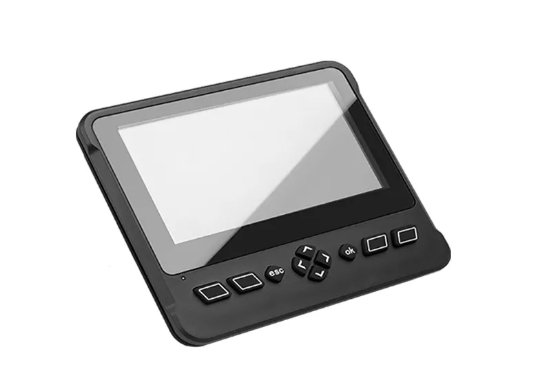Guide to Selecting a CAN bus Display
In the fast-evolving world of automotive technology, selecting the right CAN bus display is crucial for ensuring optimal performance and seamless integration within your vehicle systems. As experts in the field, we understand the complexities involved in making this decision. This comprehensive guide will navigate you through the key considerations, helping you make an informed choice tailored to your specific needs.
What is a CAN Bus Display?
serve as the interface between the vehicle's electronic control units (ECUs) and the driver. They provide real-time information on critical parameters such as engine performance, fuel efficiency, and diagnostics. Choosing the right display is pivotal for efficient communication and effective monitoring within the vehicle's network.
Factors to Consider
1. Compatibility
When selecting a , compatibility with your vehicle's existing CAN network is paramount. Ensure that the display seamlessly integrates with your ECUs, preventing any communication hiccups that may impact performance.
2. Display Type and Size
Consider the type of information you need to be displayed and select a display type that suits your requirements. Whether it's a monochrome LCD, a high-resolution TFT screen, or an OLED display, each type offers distinct advantages. Additionally, the size of the display should align with your vehicle's dashboard design without obstructing visibility.
3. User Interface
The user interface (UI) plays a crucial role in the overall user experience. Opt for displays with intuitive navigation, user-friendly menus, and customizable layouts. A well-designed UI ensures that drivers can quickly access and interpret information while minimizing distraction.
4. Durability and Reliability
Given the challenging conditions within a vehicle, prioritize displays built with durability in mind. Look for features such as resistance to vibration, extreme temperatures, and protection against dust and water ingress. Reliability is key to ensuring consistent performance under various driving conditions.
5. Advanced Features
Explore displays with advanced features that enhance functionality. Touchscreen capabilities, voice recognition, and compatibility with external devices contribute to an enhanced driving experience. Evaluate whether these features align with your preferences and driving habits.
Making the Right Choice
Now that you're armed with the essential considerations, making the right choice becomes a streamlined process. Assess your vehicle's needs, prioritize compatibility and durability, and explore advanced features that align with your preferences.
Conclusion
In the dynamic landscape of automotive technology, selecting a display is a critical decision. With this guide, we've equipped you with the knowledge to make an informed choice. Remember to prioritize compatibility, user interface, durability, and advanced features to ensure your selected display meets your vehicle's unique requirements.
For further information on optimizing your vehicle's performance and staying abreast of the latest technological advancements, feel free to contact us. Our team of experts is ready to assist you in making the right choices for your automotive needs.

评论
发表评论